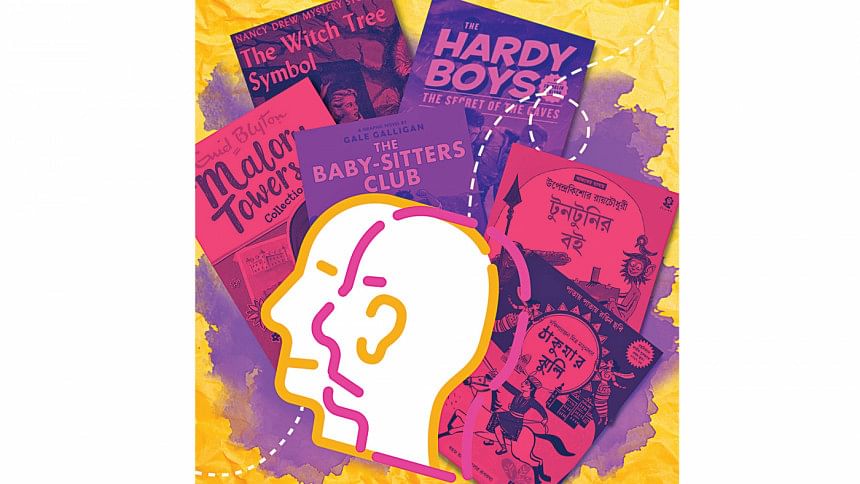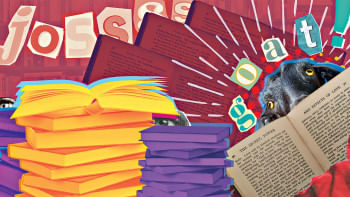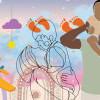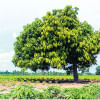Being a third culture kid

As the title suggests, I am a third culture kid, a TCK, or a TCI (I for individual), the phrase literally translates to "people who were raised in a culture other than their parents' or the culture of their country of nationality, and also those who live in a different environment during a significant part of their child development years". I moved to Saudi Arabia when I was three years old and lived there until I was 13. While we came to Bangladesh every year during our summer breaks, it is safe to say that I was mostly unaware of the Bengali culture, traditions, as well as my roots for the first half of my life, and more importantly my growing years.
Living in Saudi Arabia, as one could imagine, is a jumble of lifestyles and the choices that come with it. To make matters even more complicated, I went to an Indian Embassy school. There were quite a few embassy schools that existed at that time including Bangladeshi, Pakistani and of course, American and British schools for those who could afford it. The Indian school was known to be "better" in terms of education and curriculum than the Bangladeshi school. As middle-class parents would have it, I ended up in the Indian school. And so, I became one of the very few Bangladeshis living in Saudi Arabia, going to an Indian school—it could not get "better" than that. I wrote and spoke Hindi fluently, had Indian friends during day time, and hung out with the children of other Bangladeshi family friends—who all also went to either Bangladeshi, Indian or Pakistani schools. Life, as one would like to think, came to me in multifaceted colours.
But what does it mean really, to be a TCK? For starters, I grew up feeling mostly confused. In class, I would shyly raise my hand and say I was Bangladeshi, when the other children were asked which state of India they belonged to. During family gatherings, I once again felt conscious when I could not write Bengali, or recite the national anthem—although there were others like me, which led us to clutter together in our TCK corners. Our parents on the other hand, who were first generation adults settling in a foreign land, could not leave behind their Bangladeshi emotions, or the cuisine. And so, we would end up having bhaat mach most days at home. Although, we loved our shawarmas. Every year, we had big celebrations on 14th April, 21st February, and 16th December, and us kids, tunelessly sang "Esho He Boishakh", and "Amar Bhai er Rokte Rangano'' without understanding its essence, or the rich history of the words.
However, a space I did find solace in was the mythical world of Enid Blyton. I got introduced to reading, coincidently by a family friend, who was into books much more than the other kids around our age. Her love of reading somehow transfused into me, and I picked it up, even without realising it. I devoured The Secret Seven and Famous Five. But what I loved most was getting lost in the world Blyton created through Malory Towers (first published 1946). The life of Darrell Rivers, while she was in boarding school, somehow resonated with me, although I lived in my own house. Her woes, her struggles pained me like these were incidents happening to me. During my teens, I got into more "mature" books: The Baby-Sitters Club, Nancy Drew and Hardy Boys, then Sidney Sheldon (I don't think I have not read any of their books!). This palate for mysteries and crime novels stayed with me ever since, for I can hardly fall asleep these days, without watching an episode of a crime thriller on Netflix.
Being a student of English Literature, do I wish that I had read Bangla literature? Yes, especially when I see my friends who can read almost anything, even American literature and make it their own, and can combine it to the world of Bengali Literature. Do I wish that I was able to know and read my country and its history through the make-believe, fantastic world of our deshi writers? Again, yes. For Bangla is an essence—it is music, and no language can bring that sense of compassion. I love the sound of it; when I listen to those words, I wish I was able to make that space for myself, only if I were able to read it.
I read Bangla story books with my eight-year-old daughter now—the likes of Thakurmar Jhuli and Tuntunir Boi. Who knows, maybe I will get there someday, maybe I will take that journey into Bangla literature with her. For now, I am happy reliving that Bengali childhood with her, and being a child myself while accompanying her as I see her and her love for the mystical Bangla language.
Syeda Samara Mortada is a feminist activist, and Co-Founder of Bonhishkha, a feminist organisation working to un-learn gender, and in creating a platform for youth to share their gender-based experiences.

 For all latest news, follow The Daily Star's Google News channel.
For all latest news, follow The Daily Star's Google News channel. 








Comments